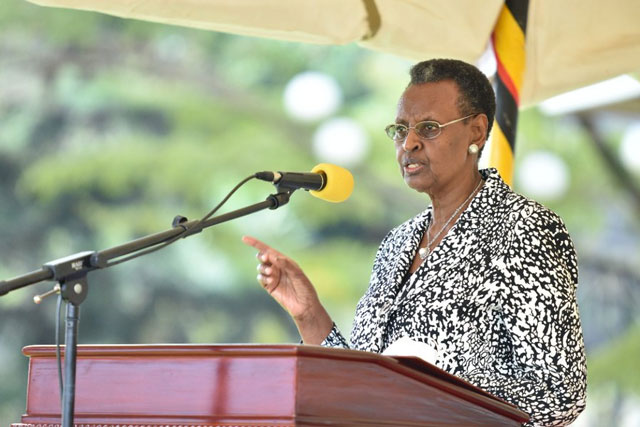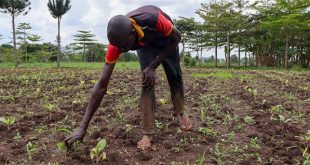
Experts speak out
Last month, Dr. Munir Safieldin, the UNICEF Representative in Uganda urged the government to prioritise reopening of schools to secure the children’s wellbeing.
“There is more to schools than learning,” he said.
The UNICEF position is similar to that of the UNESCO Global Monitoring of School Closures Caused by COVID-19 Pandemic report of 2021. It says missing school leads to bigger challenges in real life for learners.
According to the study, school closures threaten decades of progress made towards gender equality, placing many girls at heightened exposure to gender-based violence, sexual exploitation, adolescent pregnancy and forced marriage. The closures also cut access to vital services for protection, nutrition, health and well-being of vulnerable children.
For example, the report notes that between March 2020 when schools were first closed and June 2021, there was a 22.5% increase in pregnancy among girls aged 10-24. Cases of young girls seeking first antenatal care rose from 80,653 to 98,810.
Globally, seventeen months ago, the COVID-19 pandemic brought learning to a screeching halt worldwide, creating the most severe global education disruption in history. At the peak of the crisis, UNESCO showed that over 1.6 billion learners in more than 190 countries including Uganda were out of school.
Today, half of the world’s student population; more than 800 million learners, is still affected by full or partial school closures. In 29 countries including Uganda, schools remain fully closed. Over 100 million teachers and school personnel were also impacted by the sudden closures of learning institutions.
The pandemic, experts say, has exposed and deepened pre-existing education inequalities that were never adequately addressed and as always, it has impacted vulnerable and marginalised learners the hardest says UNESCO.
According to UNESCO, over 100 million children around the world will fall below the minimum proficiency level in reading due to the ongoing school closures. Meanwhile teachers require training and support on adjusting curricula and assessment methods to measure and mitigate learning losses and prevent vulnerable students from dropping out.
Detached government?
Despite these negative developments, it appears the Uganda government is determined to keep schools closed. This is partly because schools were reportedly the breeding ground for the second wave of COVID-19.
When the schools were re-opened in March, this year, many did not observe the COVID-19 Standard Operating Procedures (SOPs). They failed to ensure children were spaced, sanitized regularly, and wore masks. And when COVID-19 started spreading, many schools allegedly hid the sick in fear of being closed again.
So when President Museveni eased some of the restrictions imposed during the 42-day lockdown that ended on July 30, he said the government will only consider reopening schools when the majority of the targeted 22 million people get vaccinated.
Then on Aug.16 First Lady Janet Museveni, who is the Minister of Education, emphasised that schools shall remain closed until certain conditions are met.
“These conditions include getting all our teaching staff in these institutions and the learners aged 12-18 years vaccinated,” she said.
But pegging the reopening of the education sector on vaccination has left many learners, parents and school owners frustrated.
About two years into the COVID-19 pandemic, the government has managed to vaccinate only about one million people using about two million doses of vaccines. All have come in as donations. The latest donation of 299,000 doses from the UK arrived in the country on Aug. 19 and teachers were listed among priority groups for the vaccine.
But so far there has been no vaccine for young adults.
“The Ministry of Health shall inform the public once the COVID-19 vaccines that are approved for people aged 12-16 years of age have become available,” Janet Museveni said.
The government’s position is that teachers, supporting staff, and learners need to be vaccinated for their personal well-being and safety since classroom learning is a highly interactive physical process, she said.
She said the Ministry of Education has engaged with the Ministry of Health to align efforts towards getting teachers and learners above 18 years of age vaccinated. But at the current pace, many people fear, vaccinating 21 million people might not happen until 2024 at the earliest.
 The Independent Uganda: You get the Truth we Pay the Price
The Independent Uganda: You get the Truth we Pay the Price



